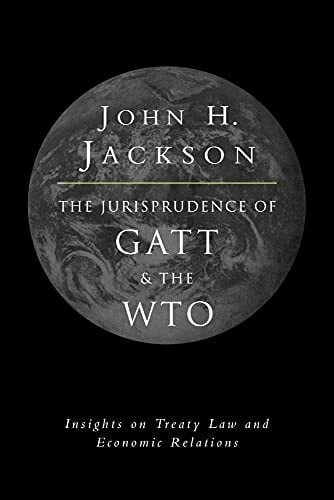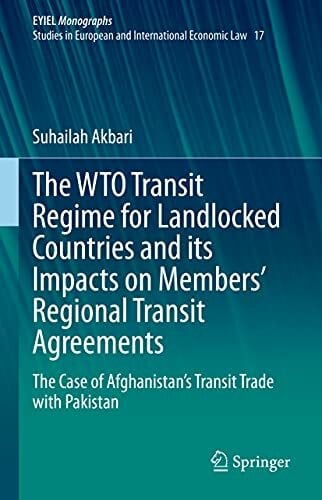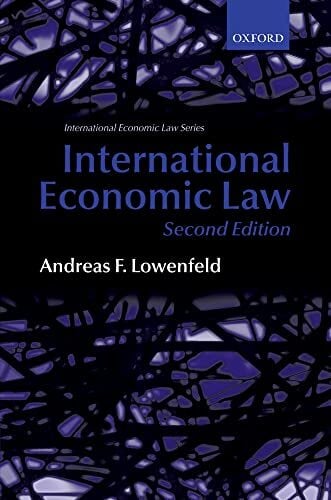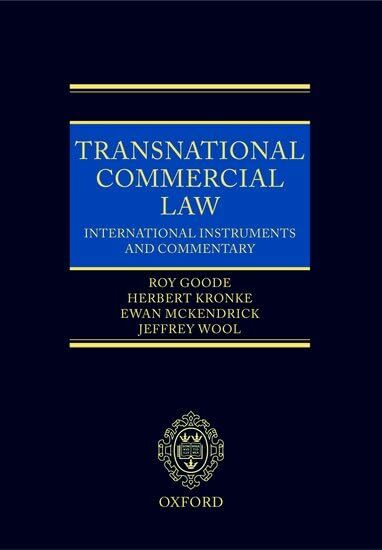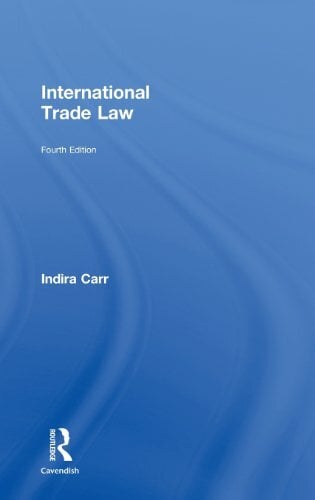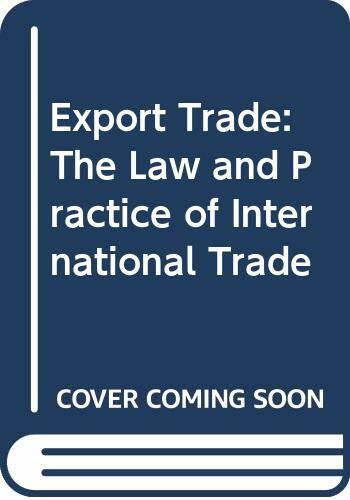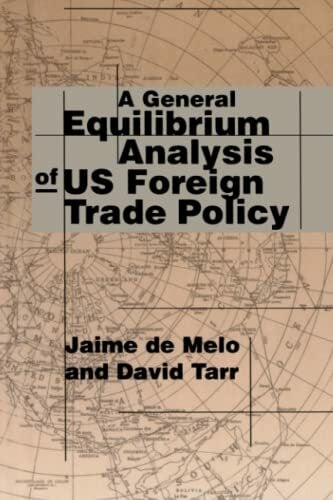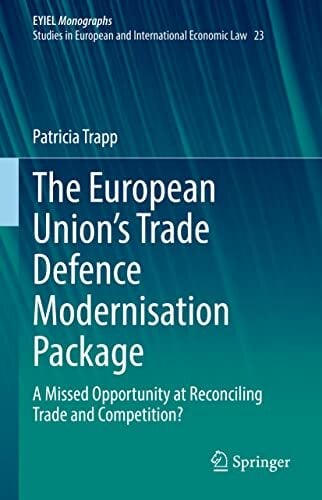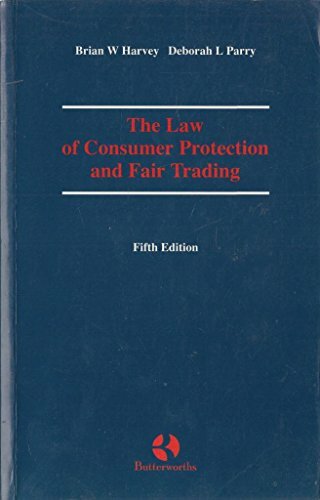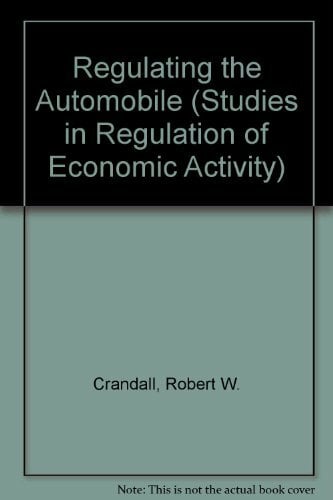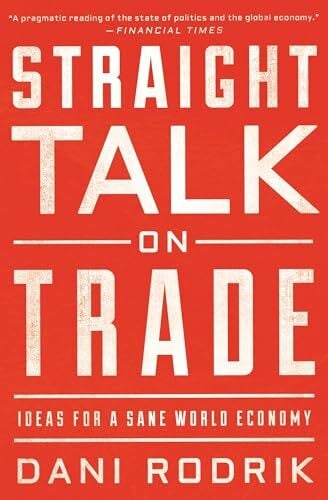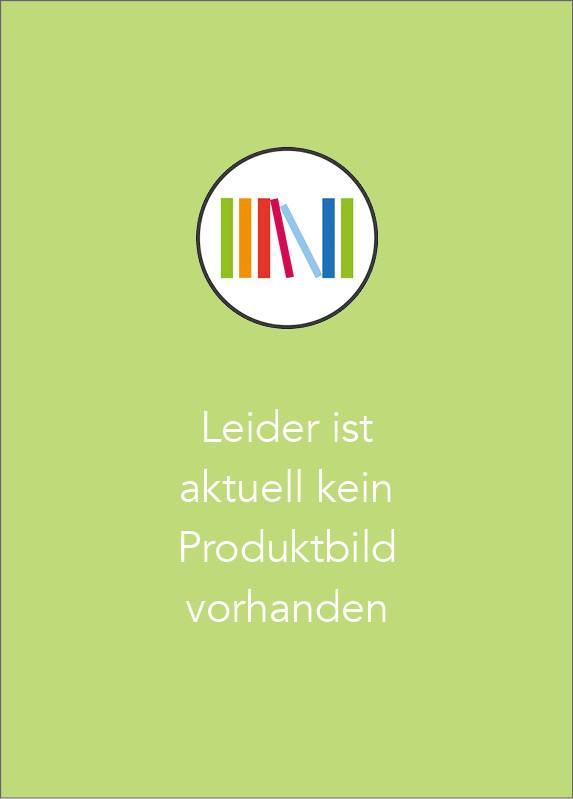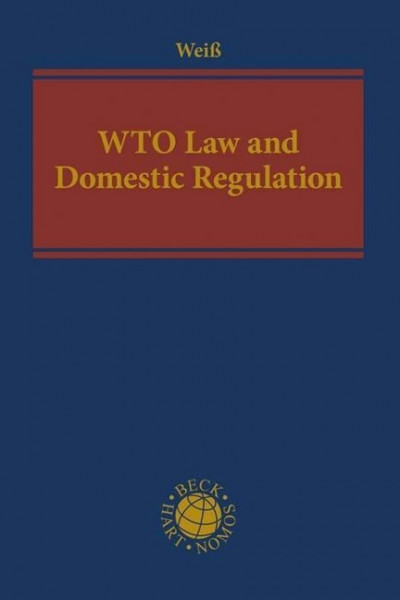
WTO Law and Domestic Regulation
Kurzinformation
inkl. MwSt. Versandinformationen
Artikel zZt. nicht lieferbar
Artikel zZt. nicht lieferbar

Beschreibung
The book The book explores the impact of WTO law on domestic regulatory autonomy. It identifies and critically analyses the mechanisms working in WTO law that cause increasing interferences with domestic law and thus restrain the regulatory autonomy of the WTO members. The book proposes ways how WTO law be conceptualized to enhance the policy space of WTO members. Therefore, the book demonstrates the flexibilities in interpreting and applying WTO core principles and provisions and explores interpretive and institutional conceptions that could serve as a pathway of allocating greater policy leeway to WTO members. The analyses presented address the disturbing observation that even though WTO law appreciates the regulatory leeway of WTO members in several provisions across agreements, the WTO judiciary¿s case law, but also other governance mechanism active in the WTO appear to narrow down the WTO members¿ regulatory autonomy and to considerably limit the space for domestic policy choices. Wide spread, even scholarly perception of the WTO, and most recently the Trump administration blame the WTO, in particular its dispute settlement branch, for being biased towards free trade and unduly restraining even legitimate domestic policies, and voiding the domestic policy space needed for addressing societal concerns and global problems. A closer look at the development of GATT/WTO law, however, reveals that, in GATT era, panels were aware of the effect their interpretations had on domestic policy space, and that some of the more recent WTO dispute settlement reports show attempts to expand WTO member¿s leeway again. These observations are the starting point for an indepth analysis of the different mechanisms present in WTO law which impact on domestic regulation. The advantages at a glance Readers learn that WTO rules are amenable for conceptualisations that enlarge domestic policy space, get to know concrete proposals insofar, and understand the institutional preconditions for their implementation - The author Wolfgang Weiss is Full Professor of Public Law, European Law and Public International Law at the German University of Administrative Sciences Speyer. von Weiß, Wolfgang
Produktdetails

So garantieren wir Dir zu jeder Zeit Premiumqualität.
Über den Autor
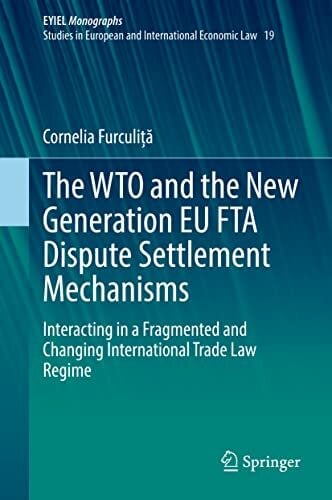
- hardcover
- 382 Seiten
- Erschienen 2021
- Springer
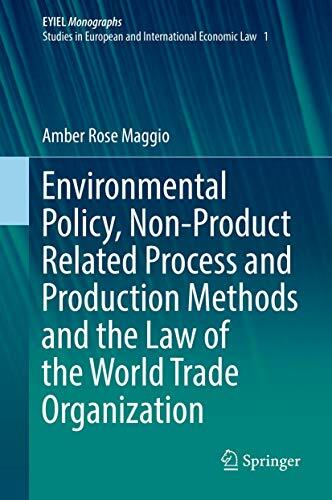
- Gebunden
- 280 Seiten
- Erschienen 2017
- Springer
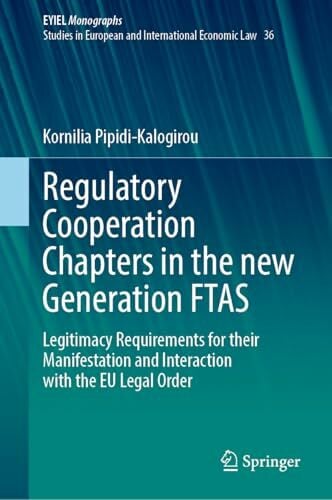
- hardcover
- 250 Seiten
- Erschienen 2024
- Springer
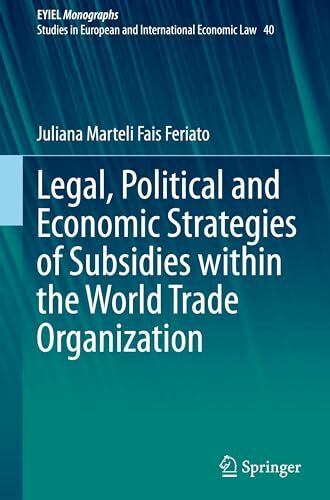
- hardcover
- 202 Seiten
- Erschienen 2024
- Springer
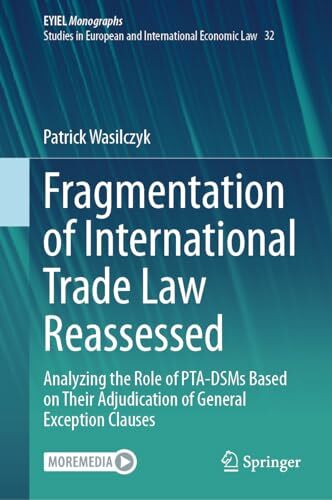
- hardcover
- 375 Seiten
- Erschienen 2023
- Springer
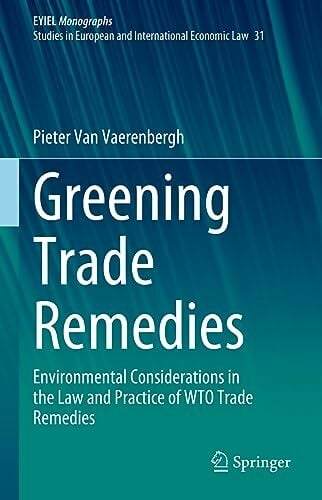
- hardcover
- 238 Seiten
- Erschienen 2023
- Springer
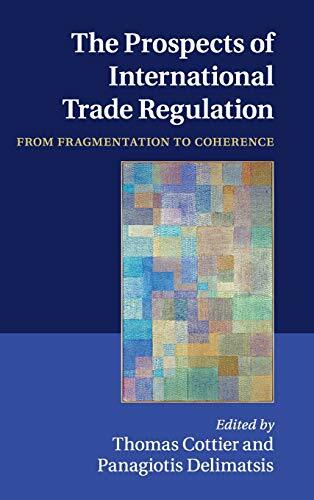
- hardcover
- 534 Seiten
- Erschienen 2011
- Cambridge University Press
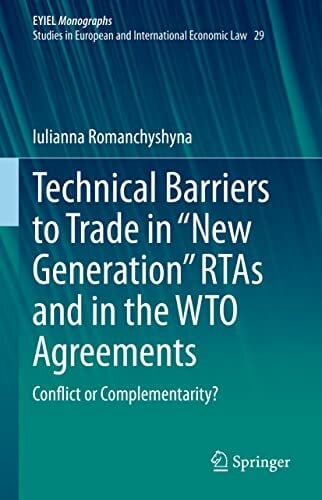
- hardcover
- 199 Seiten
- Erschienen 2023
- Springer
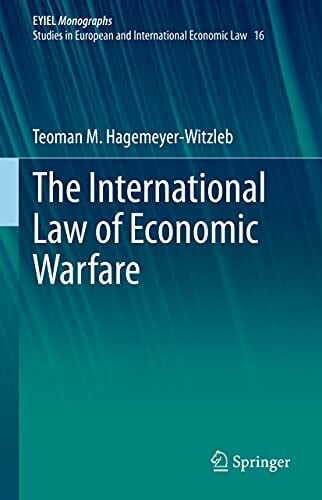
- hardcover
- 423 Seiten
- Erschienen 2021
- Springer

- hardcover
- 295 Seiten
- Erschienen 2022
- Springer
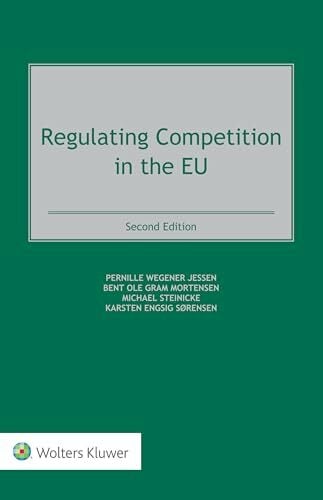
- hardcover
- 664 Seiten
- Erschienen 2024
- Kluwer Law International
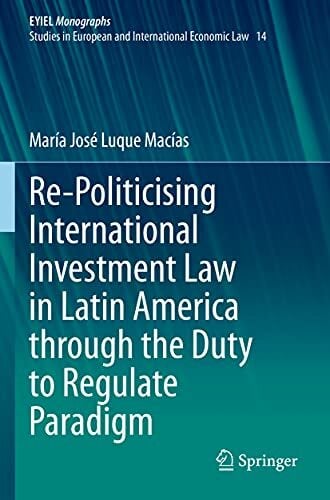
- hardcover
- 300 Seiten
- Erschienen 2021
- Springer

- hardcover
- 1366 Seiten
- Erschienen 2024
- C.H.Beck
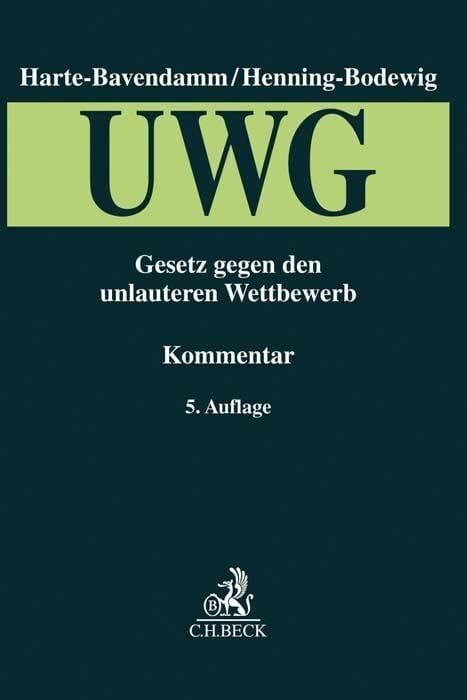
- Gebunden
- 3234 Seiten
- Erschienen 2021
- C.H.Beck

- Gebunden
- 853 Seiten
- Erschienen 2017
- Mohr Siebeck

- Gebunden
- 2109 Seiten
- Erschienen 2022
- C.H.Beck

- Gebunden
- 1503 Seiten
- Erschienen 2023
- C.H.Beck

- hardcover
- 1207 Seiten
- Erschienen 2015
- Orell Füssli Verlag







